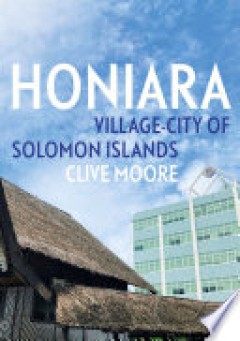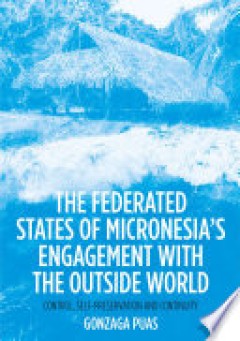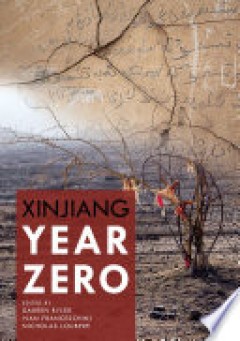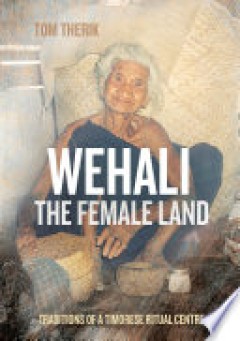Filter by

Australian travellers in the South Seas
This book offers a wide-ranging survey of Australian engagement with the Pacific Islands in the late 19th and early 20th centuries. Through over 100 hitherto largely unexplored accounts of travel, the author explores how representations of the Pacific Islands in letters, diaries, reminiscences, books, newspapers and magazines contributed to popular ideas of the Pacific Islands in Australia. It …
- Edition
- -
- ISBN/ISSN
- 9781760464158
- Collation
- 396 p
- Series Title
- -
- Call Number
- 820.935894 HAL a

Indigenous peoples' innovation: intellectual property pathways to development
Traditional knowledge systems are also innovation systems. This book analyses the relationship between intellectual property and indigenous innovation. The contributors come from different disciplinary backgrounds including law, ethnobotany and science. Drawing on examples from Australia, New Zealand and the Pacific Islands, each of the contributors explores the possibilities and limits of inte…
- Edition
- -
- ISBN/ISSN
- 9781921862786
- Collation
- -
- Series Title
- -
- Call Number
- 346.048 DRA i

Honiara : Village-City of Solomon Islands
Nahona`ara—means ‘facing the `ara’, the place where the southeast winds meet the land just west of Point Cruz. Nahona`ara became Honiara, the capital city of Solomon Islands with a population of 160,000, the only significant urban centre in a nation of 721,000 people. Honiara: Village-City of Solomon Islands views Honiara in several ways: first as Tandai traditional land; then as cocon…
- Edition
- -
- ISBN/ISSN
- 9781760465070
- Collation
- -
- Series Title
- -
- Call Number
- 995.93.MOO

The Federated States of Micronesia’s Engagement with the Outside World Cont…
This study addresses the neglected history of the people of the Federated States of Micronesia’s (FSM) engagement with the outside world. Situated in the northwest Pacific, FSM’s strategic location has led to four colonial rulers. Histories of FSM to date have been largely written by sympathetic outsiders. Indigenous perspectives of FSM history have been largely absent from the main corpus …
- Edition
- -
- ISBN/ISSN
- 9781760464653
- Collation
- -
- Series Title
- -
- Call Number
- 996.5.PUA

Xinjiang Year Zero
Since 2017, the Chinese authorities have detained hundreds of thousands of Uyghurs, Kazakhs and other Muslim minorities in ‘reeducation camps’ in China’s northwestern Xinjiang autonomous region. While the official reason for this mass detention was to prevent terrorism, the campaign has since become a wholesale attempt to remould the ways of life of these peoples—an experiment in social…
- Edition
- -
- ISBN/ISSN
- 9781760464950
- Collation
- 338 p
- Series Title
- -
- Call Number
- 951.6 INI X

Wehali: The Female Land
Wehali defines itself as the ritual centre of the island of Timor. As a ritual centre, Wehali continues to be the residence of a figure of traditional authority on whom, in the 18th century, the Dutch conferred the title of Kaiser (Keizer) and to whom the Portuguese gave the title of Emperor (Imperador). At one time, Wehali was the centre of a network of tributary states, which both the Dutch a…
- Edition
- -
- ISBN/ISSN
- 9781760464851
- Collation
- -
- Series Title
- -
- Call Number
- 959.86
 Computer Science, Information & General Works
Computer Science, Information & General Works  Philosophy & Psychology
Philosophy & Psychology  Religion
Religion  Social Sciences
Social Sciences  Language
Language  Pure Science
Pure Science  Applied Sciences
Applied Sciences  Art & Recreation
Art & Recreation  Literature
Literature  History & Geography
History & Geography